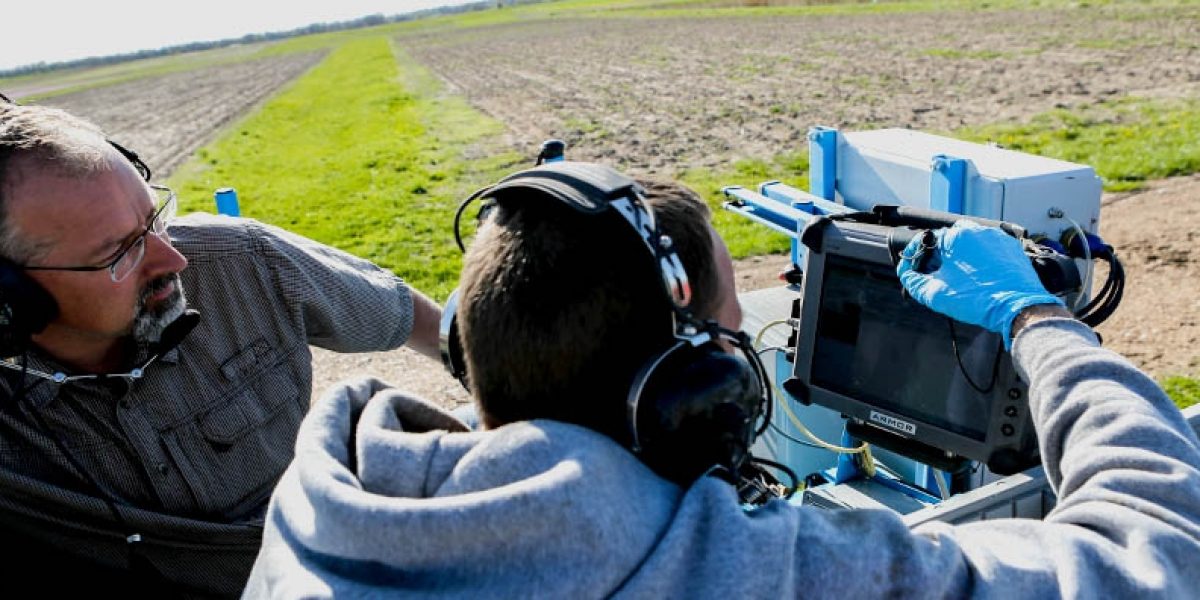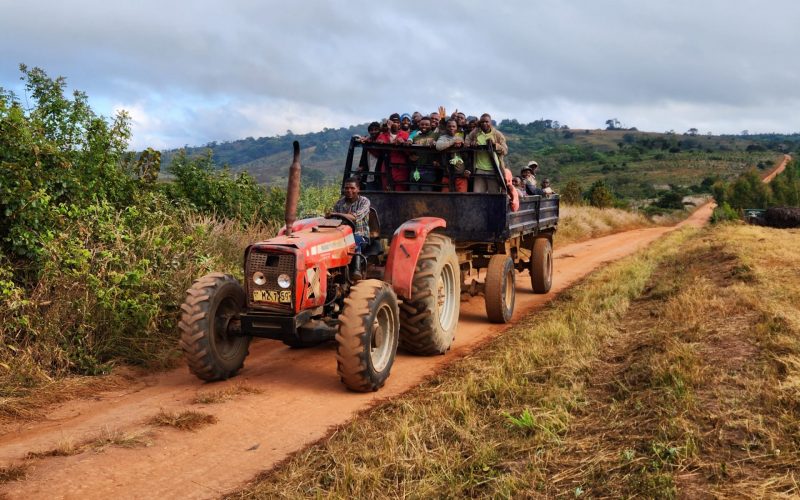A farmer is weeding his fields by hand deep in rural Tanzania – it seems a timeless scene, far removed from the high-tech, interconnected world of today. Yet the weather forecasts that the farmer used to time his planting, the inexpensive mobile phone that he uses to check market prices before harvesting, and possibly even the potential to receive government assistance should his region be struck by drought all depend, in some or other way, on space technology.
Space technology refers to spacecraft, satellites, space stations, support infrastructure, equipment, and procedures developed by the aerospace industry for use in spaceflight, satellites, or space exploration. While this technology may seem light years away from the average person in Africa, the fast-growing area can actually help address both current and future challenges on the continent.
This week, Uganda is hosting a high-level meeting for senior African decision-makers and space technology experts to discuss exactly how to achieve this. The African Association of Remote Sensing of the Environment (AARSE) conference (24-28 October) brings together practitioners from remote sensing, earth observation and other fields with an interest in space science’s potential contribution to Africa’s growth and development.
The wide applicability of space science in real life situations for the benefit of society, ranging from climate and weather to natural resources governance, agriculture, health, water governance, risk assessment and disaster response, and other applications has been recognized by the Intergovernmental Group on Earth Observations and United States Group on Earth Observations. Data obtained from space-based systems can guide decision-makers in identifying areas prone to poverty, drought or other risks, allowing for more efficient resource allocation, while policymakers can use data generated by space technology applications to improve planning and the design of interventions across a range of sectors.
Food security in Africa and other developing regions globally continues to be a pressing concern. Diseases, insects and weeds mean that about a quarter of crops are lost before they can be harvested, with direct implications for food security. Monitoring plant health and detecting pathogens early is an essential component of controlling disease spread.
Geospatial technology allows crop disease monitoring, providing input to forecasting systems and generating detailed information on the spatial distribution of diseases and pests over large areas at relatively low cost. Over the years, exponential growth in the use of space science has made it easier to monitor changing habitats, ecosystem degradation and species distribution, with widespread applications in conservation efforts. In the transport and security sectors, global-positioning devices and sensors are used on a daily basis to minimize fuel consumption and improve safety.
The African Union Commission has been at the forefront of supporting the use of space technology among member states through a series of conferences and commitment statements, including the Dakar Declaration (2002), the Maputo Declaration (2006), the Lisbon Declaration (2007), and the Ouagadougou Declaration (2010). The African Union’s Monitoring for Environment and Security in Africa (MESA) programme has been established to use space-based and in-situ data to improve the management of the environment and food security at continental, regional and national levels in Africa.
While there is an increasing expansion of space agencies and other space technology institutions in Africa over recent years (including the South African Space Agency, the Algerian Space Agency, Egypt’s National Authority for Remote Sensing and Space Sciences, the National Remote Sensing Center of Tunisia, National Space Research and Development Agency in Nigeria, and Morocco’s Royal Centre for Remote Sensing) there is considerable potential, and need, for the further expansion of African space science institutions.
Regrettably, the potential of space technology on the continent remains unrealised due to limitations in funding, expertise, infrastructure, equipment and education. Many African space science initiatives are highly dependent on foreign donor funding.
Furthermore, scientists and analysts are highly dependent on satellite data sourced from infrastructure owned by non-African states, a less-than-ideal situation as this data is captured in line with external priorities. Bureaucratic hurdles continue to stymie the development of Africa’s space science capacity. African owned sensors would allow frequent data capturing and usage.
Launching an African Space Agency that would operate across the entire continent is an ambitious objective, but one that can deliver real benefits to Africa’s development objectives. Space technology, while not always in the public eye, provides enormous value to the functioning of our societies, but far more cooperation and investment is required if it is to realise its full potential in contributing to Africa’s growth and development.








